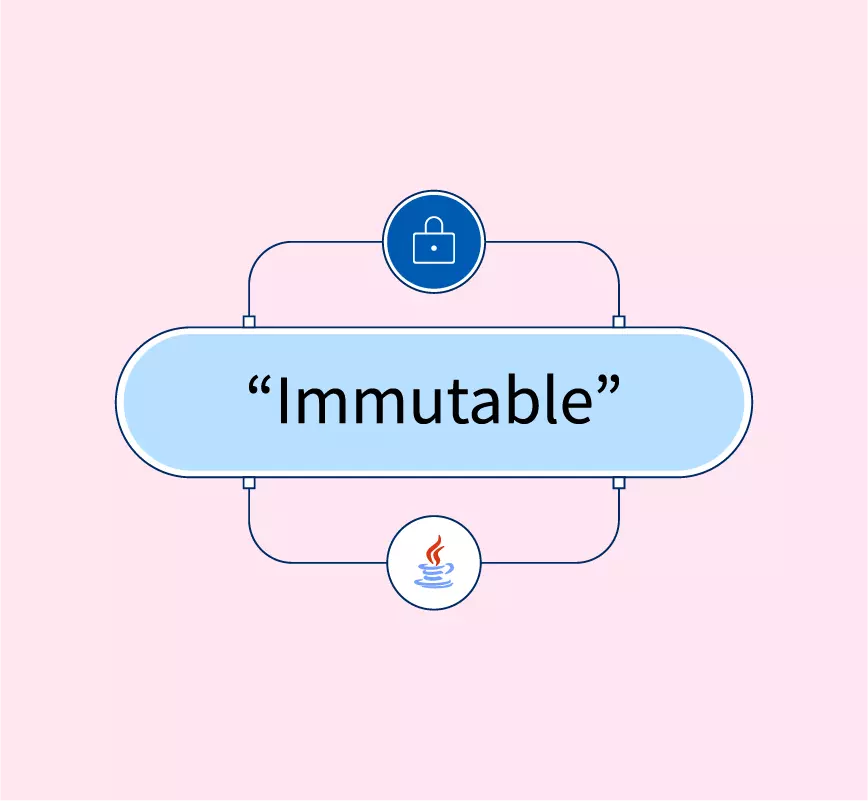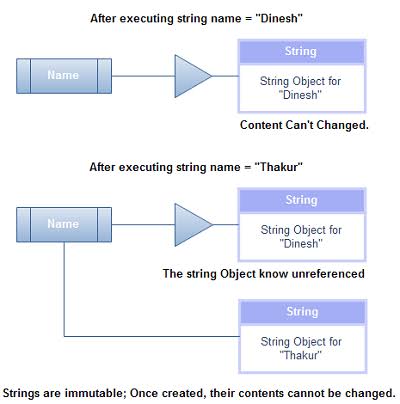The Development of Immutable String Handling: A Crucial Facet of Software Application Advancement
In the intricate realm of software program advancement, the handling of immutable strings stands as a keystone that has gone through significant development gradually. From its modest origins to the complicated tests encountered in early executions, the journey of unalterable string adjustment has been an important aspect of software design. As we navigate with the historic landscape of this essential idea, mapping the advancements, safety implications, and arising fads, we find ourselves at a point where the innate value of recognizing this evolution ends up being significantly obvious.
Origins of Immutable Strings
The concept of unalterable strings traces back to the very early days of shows languages when programmers looked for to improve the integrity and protection of information taking care of devices. Unalterable strings describe strings that can not be transformed after they are produced. This essential principle was presented to resolve problems pertaining to information integrity and prevent unintended alterations to essential details saved as strings.

In addition, unalterable strings add to boosting the total security of software program systems (Why are strings immutable in Java?). By preventing unauthorized events from meddling with sensitive string data, immutable strings assist reduce the risk of information violations and unapproved access to confidential details. This foundational idea remains to play a vital function in modern shows languages and remains a foundation of robust and safe and secure software program development practices
Very Early Challenges and Solutions
One of the key challenges in dealing with unalterable strings was taking care of memory efficiently. In addition, guaranteeing that strings stayed unchanged proved to be complex, especially when several parts of the codebase needed to gain access to and customize information.
To resolve these difficulties, developers began executing data security methods to safeguard delicate details kept in immutable strings. By including file encryption and hashing methods into the handling of immutable strings, programmers dramatically improved the security and reliability of data within software program systems.

Advancements in String Immutability
In software growth, a remarkable advancement in the handling of unalterable strings has emerged through advancements in information file encryption and hashing methods. By employing secure hash algorithms like SHA-256 or cryptographic methods such as AES encryption, programmers can make sure that sensitive information saved in immutable strings stays tamper-proof and secure. These look these up innovations have bolstered the honesty and discretion of information within applications, especially in sectors where information safety and security is paramount, such as cybersecurity, finance, and healthcare.
Moreover, innovations in string immutability have led the way for improved performance optimization. Unalterable strings enable extra effective memory monitoring and caching techniques, lowering the expenses related to regular string manipulations (Why are strings immutable in Java?). This optimization not only enhances the total responsiveness image source of software applications yet also adds to far better scalability and resource use
Security Effects and Ideal Practices
With the foundation laid by developments in string immutability, comprehending the security implications and carrying out ideal methods becomes critical in securing delicate data within software applications. Immutable strings play a vital function in improving protection by preventing unauthorized adjustments to data, making certain information integrity throughout the application's lifecycle. By utilizing immutable strings, developers can reduce typical susceptabilities such as injection attacks, buffer overflows, and data tampering, which are typically exploited by harmful stars to endanger systems.
To boost protection better, best methods should be followed when handling delicate details. This consists of securing information at remainder and en route, carrying out appropriate gain access to controls, employing safe and secure coding practices, and on a regular basis updating software components to spot recognized susceptabilities. Additionally, programmers need to follow the principle of least benefit, making certain that just required permissions are provided to processes and users. By including these safety steps and best techniques into software application growth processes, companies can better protect their information possessions and minimize the risk of protection breaches and information leaks.
Future Patterns in String Handling
Amidst the ever-evolving landscape of software application advancement, the trajectory of string handling is positioned to witness significant advancements and developments. Designers are checking out brand-new algorithms and data structures to enhance the speed and efficiency of string operations.
Furthermore, another pattern coming up is the integration of man-made knowledge (AI) and maker understanding (ML) in string taking care of tasks. AI-powered tools are being developed to automate and streamline numerous string adjustment procedures, causing boosted productivity and accuracy in software development operations.
In addition, there is an expanding emphasis on boosting the security facets of string taking care of with advanced encryption strategies and safe coding techniques. As cyber dangers continue to evolve, ensuring the honesty and privacy of data within strings you could try here is ending up being a top concern for designers. By adopting durable safety steps, such as security at remainder and in transportation, developers can minimize the dangers connected with string adjustment vulnerabilities.
Conclusion
Finally, the development of immutable string handling has actually been an important element of software program advancement, beginning with its beginnings to the developments made in recent times. Early difficulties have actually been dealt with via ingenious remedies, resulting in improved protection practices in managing strings. It is essential for designers to remain updated on the most up to date trends in string immutability to make sure the robustness and protection of their software applications.
Immutable strings refer to strings that can not be transformed after they are created. Why are strings immutable in Java?. By avoiding unapproved events from tampering with delicate string information, immutable strings aid reduce the threat of data breaches and unapproved access to personal information. By integrating file encryption and hashing approaches into the handling of immutable strings, designers substantially boosted the safety and security and dependability of information within software program systems
Immutable strings allow for a lot more efficient memory administration and caching approaches, lowering the overhead associated with frequent string controls. Unalterable strings play a vital duty in boosting protection by preventing unauthorized modifications to data, ensuring data integrity throughout the application's lifecycle.